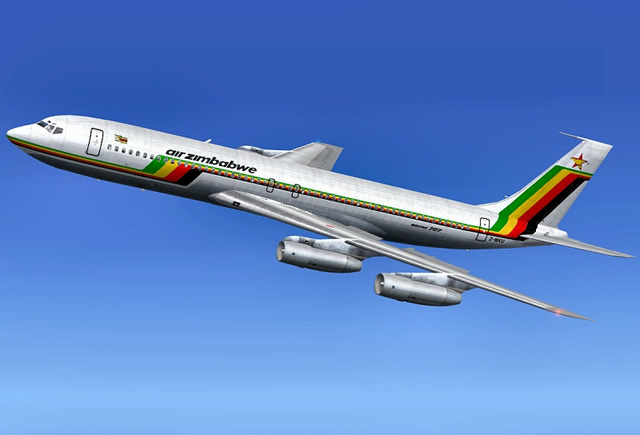EDITORIAL COMMENT: Tax, police policies encourage tourism

Foreign visitors to Zimbabwe cite three negatives that hinder expansion of this sector, according to the Zimbabwe Council for Tourism: VAT charged on accommodation and meal bills for foreign visitors, difficulty of getting cash from ATMs and frequent and harsh police roadblocks. Yet the benefits from rising tourism are huge. It is, in effect, an export industry, selling Zimbabwe’s many attractions to foreigners yet unlike other natural resources those attractions remain in Zimbabwe to be enjoyed by the next group of tourists. It is a relatively easy industry to enter, when looking at capital requirements and comparing these to other export industries, and it is very labour intensive. So more tourists mean the gap between exports and imports diminishes; it means more Zimbabweans own viable businesses and more Zimbabweans have jobs. So the ZCT’s concerns about the constraints to expansion should be addressed. Most countries do not charge VAT on exports.
It would be relatively simple for Zimbabwe to exempt bona fide foreign visitors from VAT on the main things they consume: accommodation, drink, food and internal travel. Tourists wanting to claim these exemptions would have to present their foreign passport with the valid visitor’s visa or stamp; this would stop residents cheating, since foreign citizens permitted to live or work in Zimbabwe have quite different stamps in their passports.
If the tax authorities had good grounds to suspect there was serious cheating then a second-best solution would be to allow departing foreign visitors to claim a VAT refund at the airport or border post as they leave, although the authorities would need to ensure that a five minute delay was the maximum as this was done. The small loss in VAT income will soon be overtaken by the gains in profit taxes on an expanding hospitality industry and the extra PAYE from an expanding labour force.
The ZCT itself needs to take a lead on the ATM problem. Almost all Zimbabwean businesses that a foreigner needs to deal with now have point-of-sale machines. The banknote shortage has created its own solution. So foreign visitors need to be advised to have a suitable Mastercard or Visa card to be assured of being able to buy fuel, pay for accommodation, eat in restaurants, drink in bars, pay entrance fees to resorts and generally have a good time with a piece of plastic.
They could be advised to carry in addition a small quantity of banknotes for the odd cash expense, such as some souvenirs or the odd tip. It should also be possible for banks to have tellers who can give bona fide tourists, that passport stamp again, the opportunity to swipe for small amounts of cash. The roadblock challenge needs the police to allow those manning them to exercise some obvious and sensible discretion. Obviously foreigners speeding on smooth tyres while clutching an open bottle of brandy deserve everything the police throw at them.
But surely the police can wave through a foreigner who does not possess a yellow reflective vest or has some trivial fault that they can be advised to have repaired at the next big town. It is possible to clamp down on unsafe driving while making most visitors feel welcome and wanted. The ZCT are not making unreasonable recommendations. They hear what visitors feel and they want to boost the industry.
The main complaints are not difficult to fix and cost the country nothing. Indeed fixing them boosts foreign currency earnings, business opportunities and employment, everything indeed that we all want.









Comments